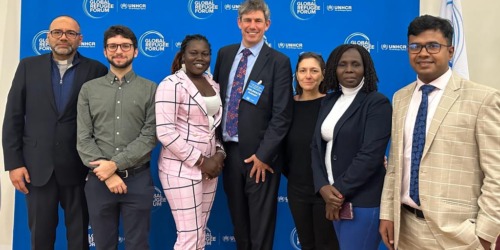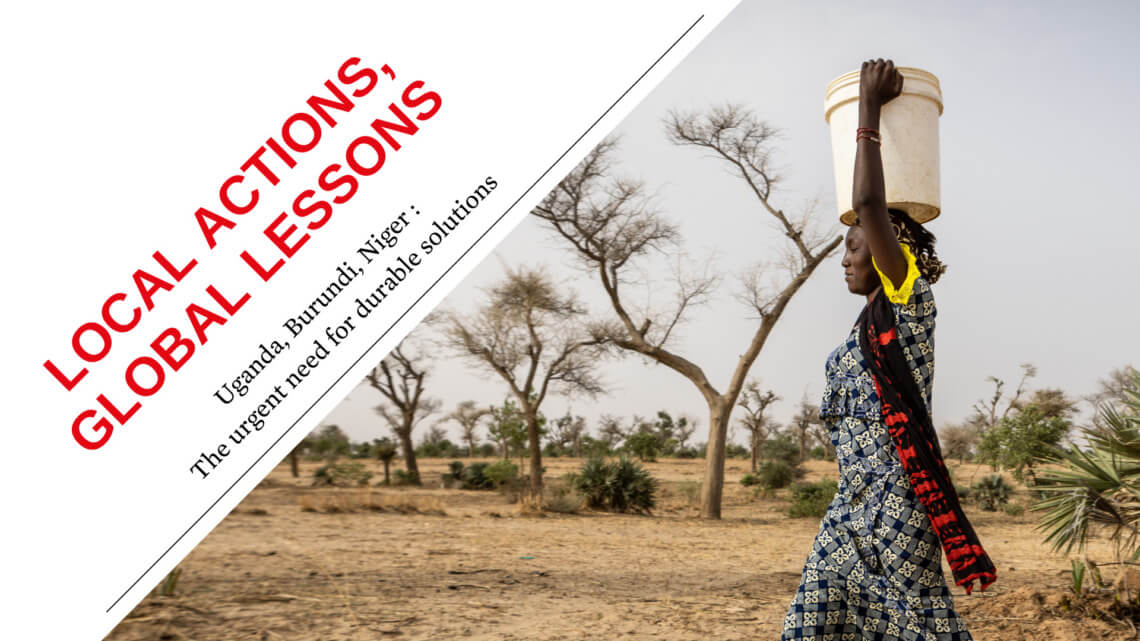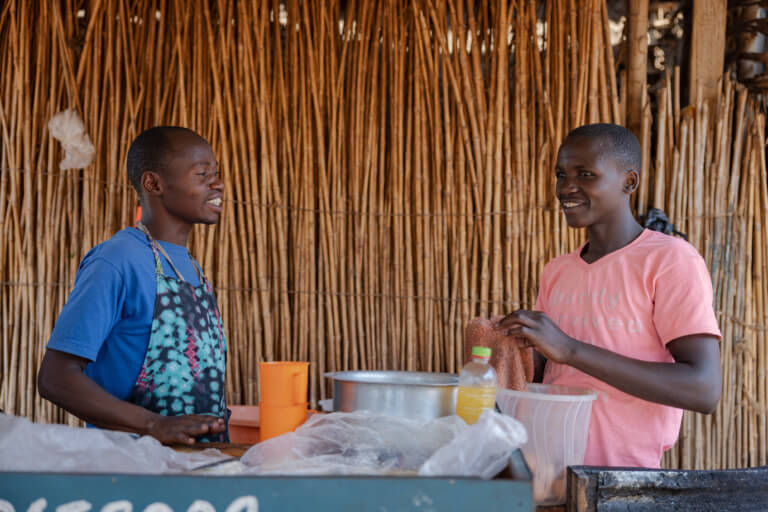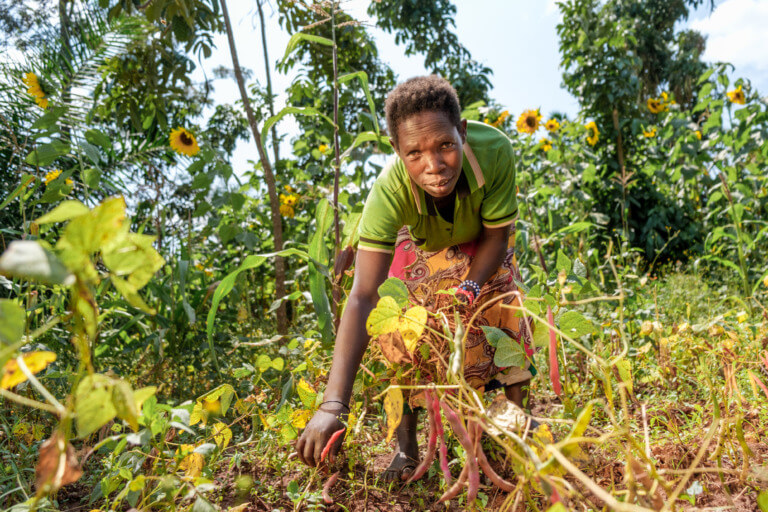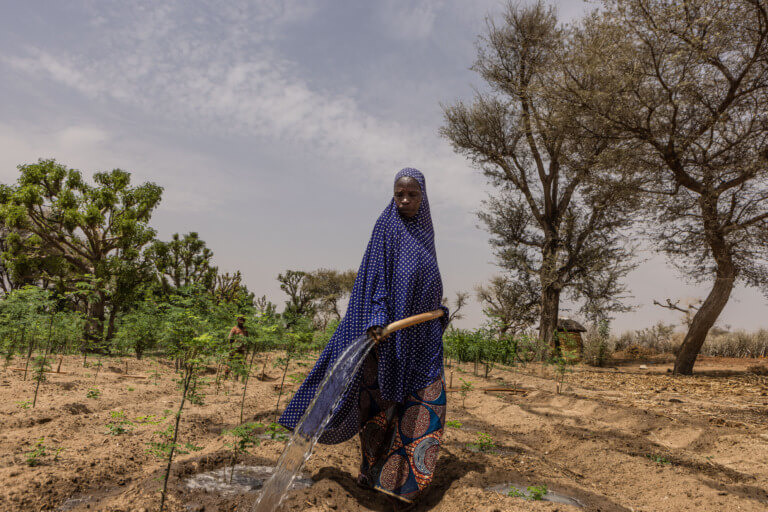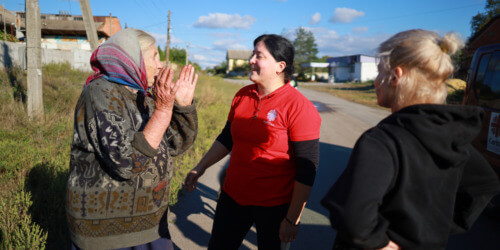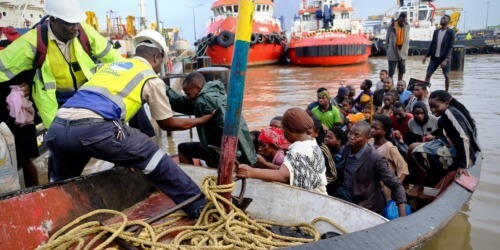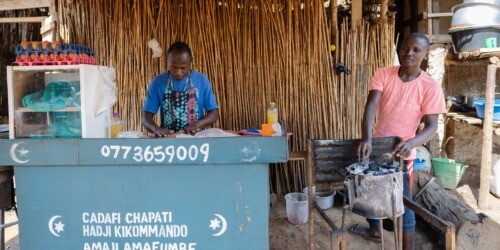Following the previous edition of this publication which focused on the situation in Eastern DR Congo, the analyses, testimonies, good practices and policy recommendations gathered by Caritas International Belgium (CI.be) in this edition of “Local Actions, Global Lessons” highlight three other protracted crisis contexts.
Our Caritas network partner organisations in Burundi, Niger and Uganda share their experiences and local expertise on the following issues:
- Strengthening local responses and structures for the prevention of climate risks, food insecurity, and conflict.
- Supporting socio-economic development in fragile contexts by promoting family farming and diversified, inclusive, and sustainable sources of income.
- Integrating mobility, protection of displaced populations, and peace issues in programs and policies.
- Developing a position on the “triple nexus”[1] that clarifies Belgium’s vision for implementation in fragile contexts.
>> READ the full publication: Local Actions, Global Lessons – Uganda, Burundi, Niger: The urgent need for durable solutions
